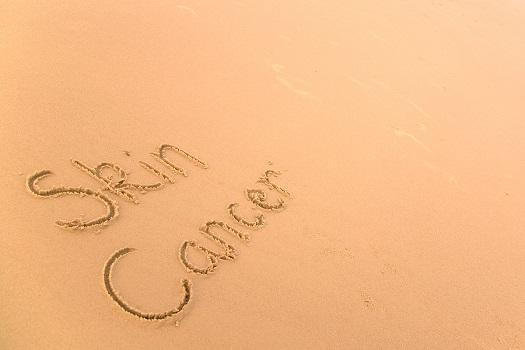
It’s never too late to start making changes to protect your skin’s health.
The sun’s UV rays are dangerous in a rather discreet way. For instance, you may not even realize that they have the power to radiate through clouds or windows. That’s right—even on a cloudy day, your skin is still be subjected to the harmful rays of the sun. Our Delray Beach, FL, dermatologist, Dr. Yvette Tivoli, believes that teaching patients about the best ways to protect against skin cancer is the best way to reduce their risk.
Here are some helpful tips from the Skin Cancer Foundation,
- Wear a broad-spectrum UVA/UVB sunscreen with an SPF of 15 or higher every day. Make sure to apply 1 ounce of sunscreen to your body 30 minutes before going outside.
- Reapply sunscreen every two hours or immediately after sweating or swimming. If you plan to spend a long time outdoors opt for a water-resistant sunscreen with a minimum SPF of 30.
- Avoid the sun or at least stay in the shade between the hours of 10am and 4pm, when the sun’s rays are at their strongest and are more likely to cause sunburn.
- Never use tanning beds, which can greatly increase your chances for skin cancer
- Wear protective clothing with tightly woven fabrics that reduce exposure to the sun. Also opt for sunglasses and a wide-brimmed hat.
Self-skin exams are also very important, as they give you a chance to get more attuned with your body and any changes that may occur. How else will you know that a mole has started to change shape or color over the years unless you are keeping an eye on it?
Not sure how to do a skin self-exam? Don’t worry; our dermatologist would be happy to talk you through the process during your next professional exam or you may want to follow these helpful self-exam rules from the American Cancer Society.
What to Look For
During your skin self-exam it’s important to check all moles and growths, particularly areas that tend to get the most exposure to the sun such as the face, neck, and arms. Here are some of the most common symptoms of skin cancer:
- A new or changing bump, spot, or mole on the skin
- A bleeding sore or a sore that doesn’t heal for weeks
- A clear or skin-colored growth or mole
- A mole or growth that crusts or bleeds
- Any mole that changes color, shape, size
- A growth that has poorly defined borders or is oddly shaped
Whether this is your first time or hundredth time coming in for a skin cancer screening, if you haven’t had a screening in about a year then call Atlantic Derm in Delray Beach, FL, today at (561) 802-7546 to schedule your next visit with us.

